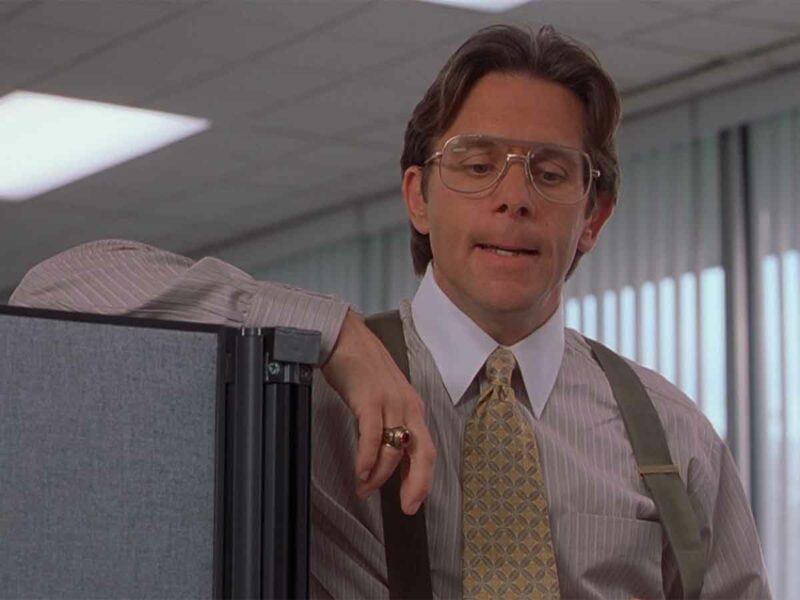City Park #666
Somewhere in the crook of a freeway right before it meets another, a triangle of land once had promise. Settled by an early farmer and sold by his grandson who had a gambling problem, it passed to the lesser-favored brother of a famous land developer, and he wanted to make a success of it.
He designed a near-perfect neighborhood: access through a winding road to keep it invisible, sealed in with trees and a river, built around a central forest area where people could meet and transact business like a city square but in nature. Around it houses radiated in a gentle concentric arc.
At first, the community was independent, but over time it merged into the larger city so that it could have city police protection. The police made sure to drive by from their base ten miles away, arriving at least once a night to cast around a light and then drive off.
The city sent out a memorandum. According to studies done in New York and Boston, having wild land in the middle of a community led to criminality and reduced housing values, so the city offered a gift: funds to turn the forest area into a park.
The neighborhood council held a meeting to determine what to do with the park. There was much excitement over the free money coming their way, and everyone had a different idea of what should be done. Many wanted a public pool, some desired a roller rink, and a lone nihilist voted for a coliseum where Christians could face the lions.
Residents were divided since, as a successful majority, they had nothing to think about except the negative: what they lacked, what they wanted to project in order to be more successful, how they could one-up the Joneses and be more clever, artistic, revolutionary, altruistic, and empathic.
Among these preening hens the council dropped its funding and took suggestions. Some wanted tennis courts; that was too elitist, said others. A water feature was suggested but tabled for being too expensive to maintain. Almost nothing appealed to everyone.
Eventually a vote was taken, and although it only got a quarter of the votes, the plan to install basketball courts and a water fountain won out because no one could oppose it, since it could be enjoyed by anyone and therefore it was assumed that it would be enjoyed by everyone.
Some found themselves unnerved by the new number given the park, City Park #666. Not realizing that humans project their hopes and fears and by doing so distort the fabric of information-space which underlies space-time, they fixated on this mythical number.
Others pointed out that omens are retroactive. You only worry about there being a thirteenth floor when an accident has already occurred on it. Otherwise, statistically, there is no greater risk to being on this floor and renaming it the fourteenth floor does not change its position in vertical space.
A lone nihilist in the background pointed out that this was a logical fallacy, since statistics collapse time and therefore cause, and it was entirely possible for occult incidents to spring up with numerology, but this was irrelevant and therefore ignored.
In any case, the plan went into motion. The four-acre park now consisted of a lot of grass around a gazebo, a few basketball courts, a water fountain, and the ubiquitous stinky public restrooms. People from the neighborhood could go there for events and wander around wondering why the forest had been replaced by all this grass and concrete.
Eventually people started coming from all around the city to go to the park. They had a right to be there, you see, and there were basketball courts. Within a few months, no one from the neighborhood went to the park; it was a good place to get slugged, mugged, and sodomized.
Government shrugged and had a patrol car drive by twice a day to see if it could scare off the crime.
Soon crime went up in the neighborhood. The first of the people to move out simply had better stuff to do than constantly watch to see if someone was stealing their lawn ornaments, cars, wives, or children. The others fled when the more significant gang activity came in.
When the first left, nothing much happened, but as the exodus accelerated, housing prices fell like a rock. In moved poorer people, who having lower IQs on average, have higher rates of criminality. Violence and predation became the norm in the once-thriving neighborhood.
However, everyone could participate.
Across the street, a business prepared to move. Its owner, a crusty old guy, had made his money by a simple policy: promote the good, fire the bad, and leave everyone else alone. He could not understand why government insisted on making bad=good and then intruding into the lives of everyone else.
As he shut the door for the last time, a bureaucrat from the city came by.
“Sure is a shame this neighborhood went bad,” said the city man.
“Yep, just after that park came in,” said the crusty old guy.
“Try as we could, we could not stop the crime wave that the forest area brought,” said the city guy. “We will start anti-gang, anti-drug, and anti-racist programs immediately.”
Good luck with that, thought the crusty old guy. The residents now would not care. He looked over the building where he had built his fortune, made many employees retire well-off, and served a once-thriving community. “As usual, we out-smarted ourselves,” he said in an offhand epitaph for humanity.
Tags: good intentions, government










